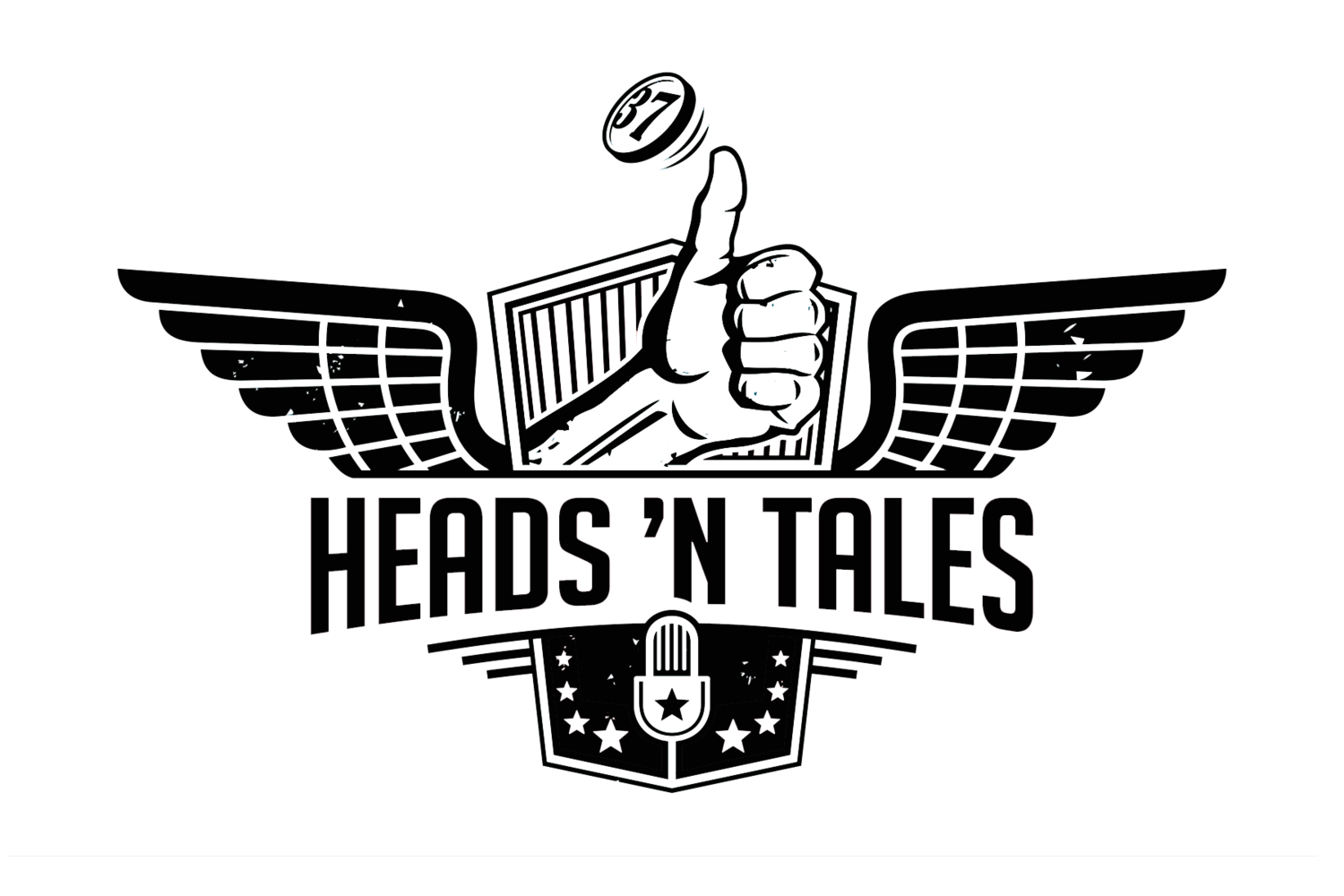When A Crash Turns Your World Upside Down w/ Pro Rugby Player, Matt Duckworth
Matt Duckworth is a former professional Rugby player from England. Matt played for the Castleford Tigers Rugby Club in Yorkshire England, but his career was derailed by an injury sustained off the field. While driving back from spending time with friends on a week off from training with the Castleford Tigers, Matt's car was struck in the side by another vehicle on the M6 Toll Road. The accident resulted in Matt breaking his C3, C4 and C& vertebrae in his neck. The collision forced Matt's car to roll over on it's side, and he found himself stuck in his seatbelt. His passenger and best friend, James "Peg" came out of the crash relatively unscathed and eventually helped Matt out of the car when he began to experience severe neck pain. After this, Matt was transported by helicopter to the hospital. Although Matt was lucky enough the avoid paralysis, he suffered a stroke while recovering in the hospital. Matt developed hematoma's in his brain after the crash, which ultimately led to the stroke (this part was unfortunately not discussed in the interview). The stroke effected Matt's ability to walk and balance, which are two essential attributes that all rugby players rely on.
This is what Matt's car looked like after the crash. Someone was definintely looking out for him up there...
Matt was 19 years old at the time of the crash and was at the peak of his physical athleticism. In professional sports, all the athletes get paid, but it isn't until they reach negotiations for their second contract that they get "paid-paid." Just before the crash, Matt was getting ready to sign a new contract which would have led to an increase in his salary. This only added fuel to the fire that had ignited with the onset of depression and attributes of bi-polar after realizing how much he had lost due to his injuries.
Doctors advised Matt in the hospital that he would never play rugby again, but he always maintained the thought he would come back. He received a tremendous amount of support from his club, teammates, coaches and fans, which helped raise his spirits throughout the recovery process. It wasn't until making his way back into the gym that Matt realized his situation was more serious than he originally thought. He had difficulty even lifting a 15 pound dumbbell. The Castleford Tigers continued to pay Matt throughout his recovery and provided physiotherapy which extended Matt's rugby career an additional two years.
Matt found CrossFit as a great outlet after his rugby career ended. I recommend any athlete struggling in their transition to life after sports to give CrossFit a try, but Matt and I both emphasize the importance of leaving your ego at the door before you walk in the gym. Matt and I met at CrossFit Motown in Morristown, NJ.
After Matt's Rugby career, he moved to the United States and began working for USA Sports Group, which is a company that offers sports programs for kids. Matt relishes in the opportunity to be a positive influence in his athletes lives and encourages all coaches to care about not just the athletes, but the whole person outside of their sport. During our discussion Matt and I discuss the differences between sports culture in the U.S. and in England. What I found interesting is that Matt feels the U.S. sports culture focuses too much on safety and what can go wrong instead of just letting the kids play. I'm sure this podcast is a contributor to that cultural difference, but my main goal is the minimize the risk to maximize the fun.
We also discussed some of the interesting characteristics of Rugby that could potentially benefit the game of American football. Specifically the idea of Rugby "Sevens" (explained in the video above) intrigued me because of this NPR article Big Rule Changes Could Make Youth Football Games A Whole Lot Smaller, which was posted by my friends at Mind of The Athlete. In rugby sevens, each side as 7 players on the field instead of 13 for rugby league rules and 15 in rugby union rules (the differences between rugby league and rugby union are explained in the video below). Rugby league, which Matt played, is more similar to American football. The article highlights USA Football's (The governing body of American football) proposal of playing with anywhere from 6-9 players per side instead of the traditional 11. Less, players on the field, more room to avoid collisions, sound good to me! However, they also propose shorter fields in this format, which in my opinion defeats the purpose of reducing the number of players on the field (future podcast episode to come on this topic).
I am super stoked about the idea of the rugby sevens potential to influence the game of American football. However, it made me think that it may cause a barrier to entry for some of the bigger fellas out there who could use the exercise and maybe jumpstart an active lifestyle. But where do you draw the line? This topic also came up in our conversation because tackling has recently been banned in schools for rugby matches. Matt does not think this is good for safety or for the sport of rugby. He feels if you take tackling out of the sport, it is no longer rugby, and he is right. You can't take hitting out of football because then it wouldn't be football anymore. However, I still believe attacking the macho culture of these sports is the best plan of attack to minimize both short-term and long-term risk for athletes. There are so many things I wished I asked Matt looking back. We will have to do a follow up interview in the near future!





